The Review has long been a fan of Thomas Demand’s work; our Spring 2015 issue featured a portfolio of his paper sculptures of cherry blossoms. His series The Dailies recreates quotidian objects and images: a coffee cup, a tray of cigarette butts. Only tiny flaws (pencil markings, tape) reveal them as constructions; otherwise his compositions are stripped of everything but their form. But paper isn’t just a blank canvas; it also carries meaning, even if these associations are subtle: it’s the medium of office workers, receipts, menus, greeting cards, origami, newspapers—and, of course, of The Paris Review. To accompany a selection of images from The Dailies, we talked to Demand about paper, literature, and the home.
INTERVIEWER
What does paper mean in your work?
THOMAS DEMAND
Paper is a formidable, malleable material that everyone touches on a daily basis. We all share this experience—we know its haptic and aesthetic possibilities more than perhaps anything else. We mostly use paper for temporary purposes—napkins, newspaper, coffee cups, the Amazon box, and so on. We make notes on it and throw it away, wrap our gifts in it and rip it to receive them. I find that important to consider, if I look at the more commonplace iconography in my work, like in The Dailies. I’m also interested in paper’s relations to information, model-making, and geometry.
INTERVIEWER
Paper has been disappearing from the real spaces you photograph for quite some time, being replaced by screens, stickers of QR codes, audio recordings. Do you have a sentimental attachment to paper?
DEMAND
I don’t think it has disappeared, actually—think of any sustainable recycled packaging effort, like Amazon’s. The production of paper has increased monumentally. But it might become a more valued material, which is good. People used to drink the worst piss called “coffee”—now it’s a drink prepared by baristas with butterflies in the milk topping. Am I sentimental about the old bitter filter coffee? No. Note, however, that that coffee was made through a paper filter, to be consumed in paper cups. As far as we know, the paper cup was first made by Chinese craftsmen around two thousand years ago. In all its forms, paper has accompanied our civilizations, enabling us not only to drink but to write, to remember. I don’t see this as a metaphorical value but as one which enables the production of other values.
INTERVIEWER
If The Dailies were the work of a particular writer, who would it be?
DEMAND
When it comes to The Dailies, I think of writers who don’t use an overarching narrative—Walter Benjamin, Alexander Kluge, Hans Blumenberg, Botho Strauss.
INTERVIEWER
What do your home and your workspace look like? Do you make frequent “Home Improvements”?
DEMAND
I need to wake up in an environment that is as empty as possible, and I like to live in a sparsely furnished place. I am not afraid of an empty room. I also try to part from things I haven’t needed nor missed for two or three years (apart from art, which mostly is from friends). However, I enjoy when the work spills over the tables I work from and the leftovers of my makings are scattered around the actual piece. But I need to return to a clean space to approach my next work. I hardly ever work on more than one project at once.
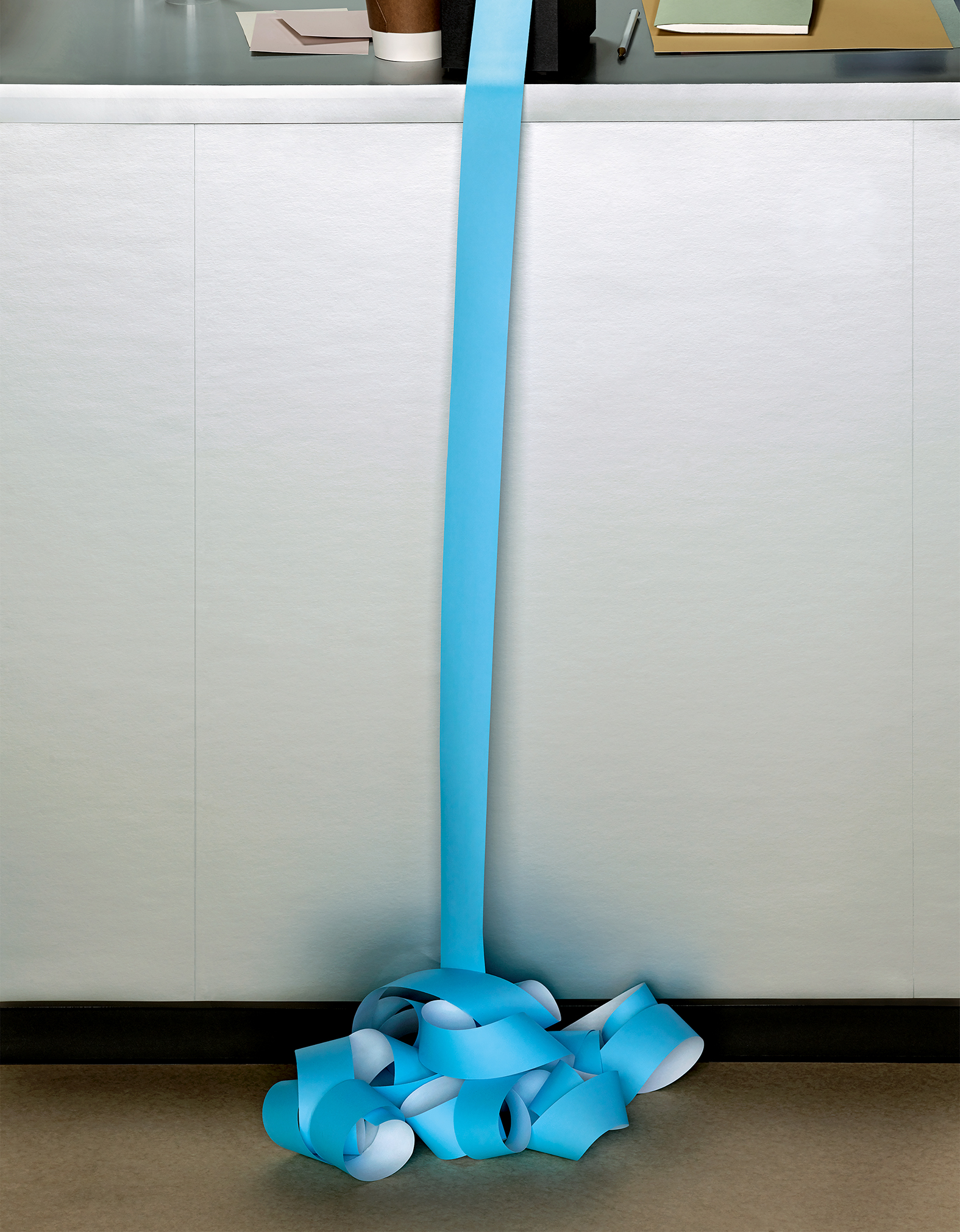
Courtesy of Thomas Demand and MACK.
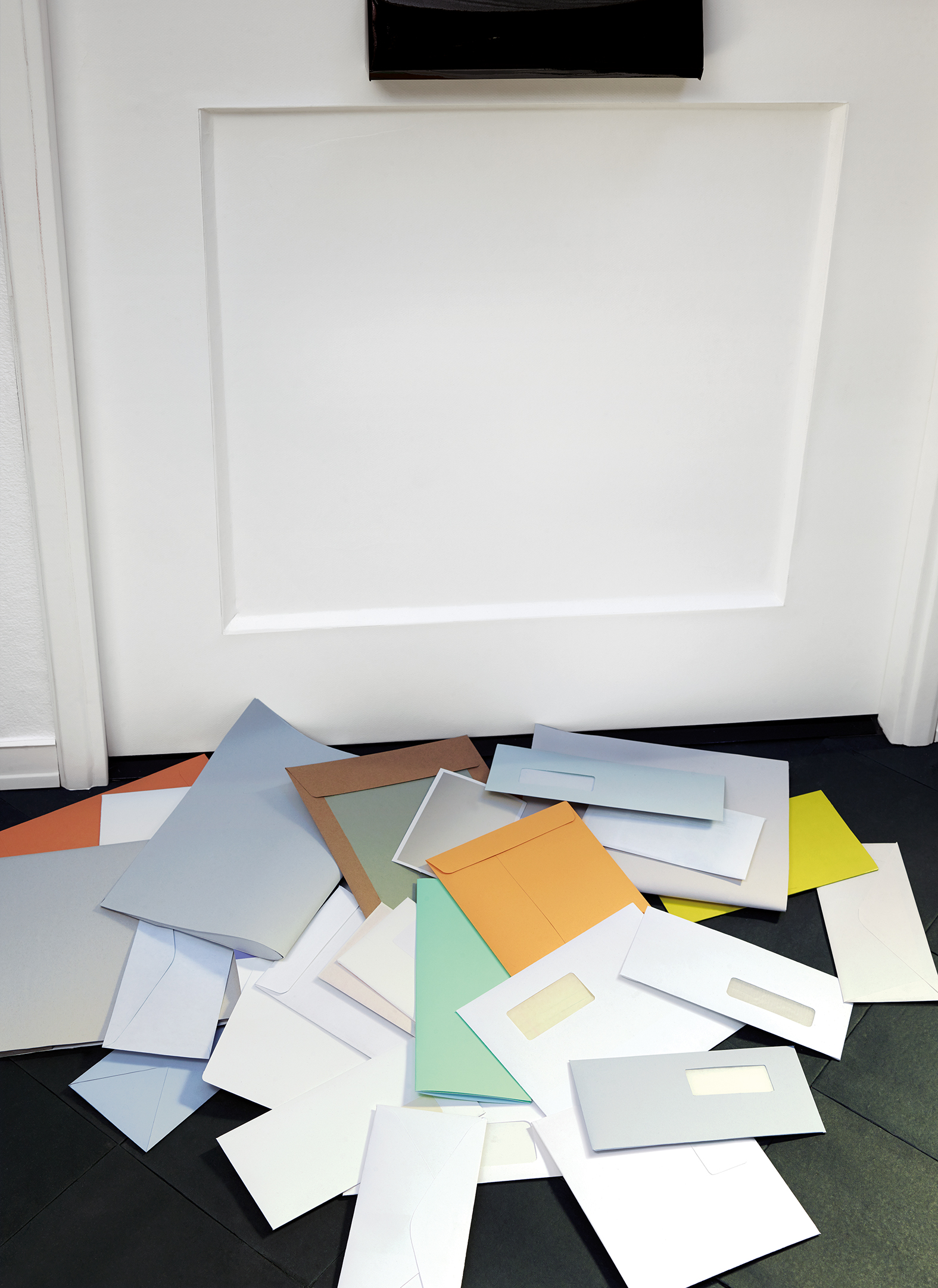
Courtesy of Thomas Demand and MACK.
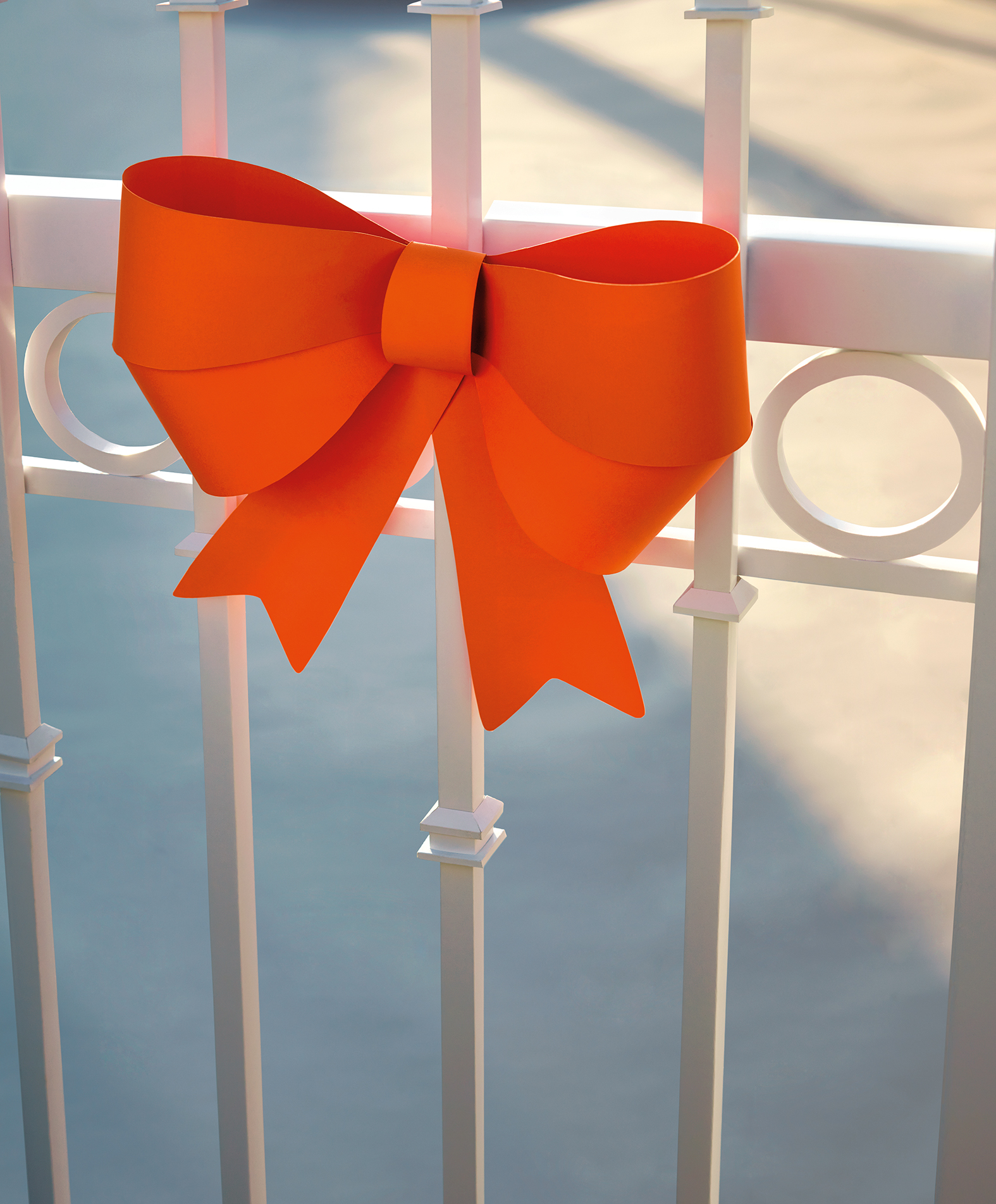
Courtesy of Thomas Demand and MACK.
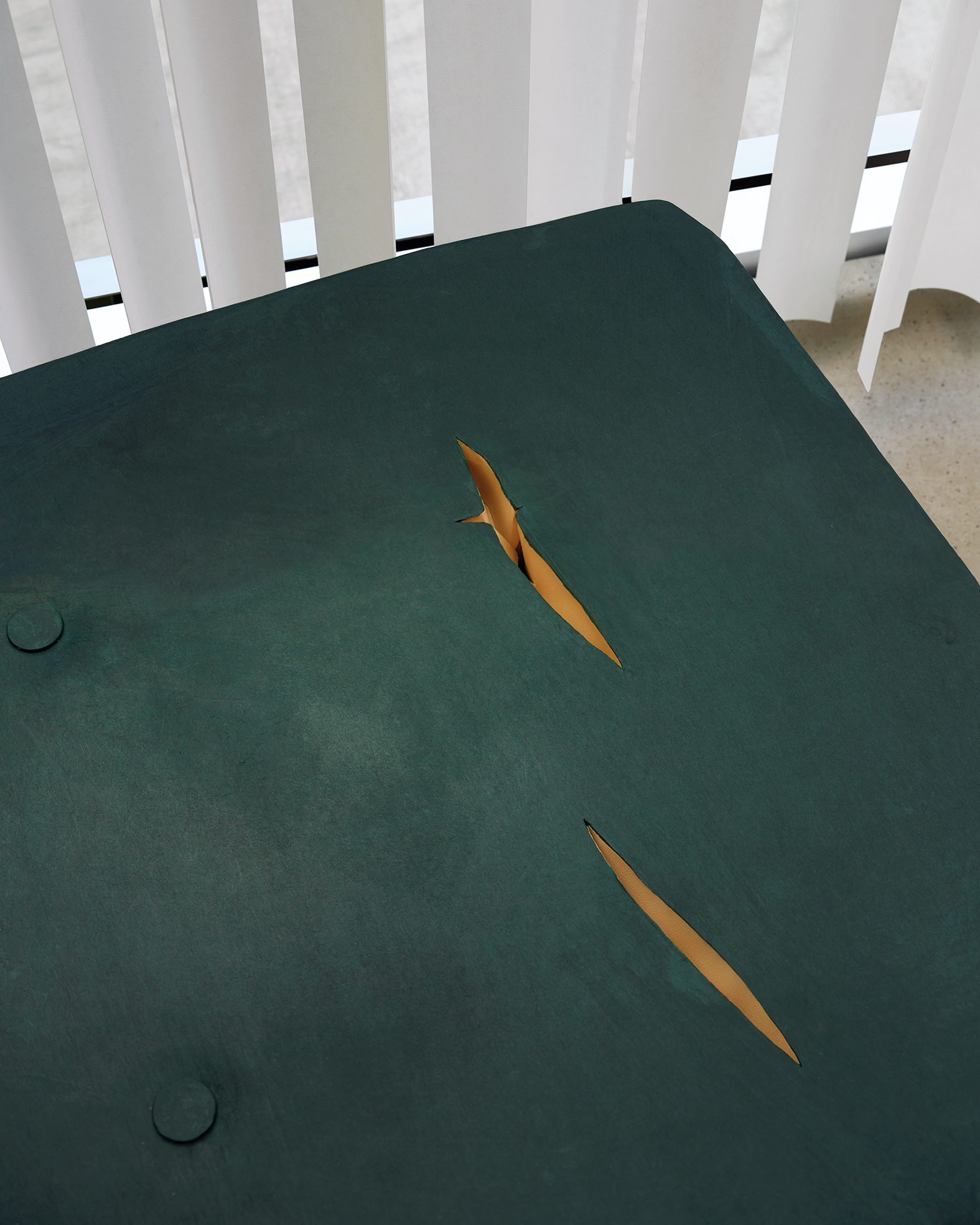
Courtesy of Thomas Demand and MACK.
Thomas Demand is a German photographer and sculptor who lives in Los Angeles. His new, expanded edition of The Dailies is out now from MACK.
from The Paris Review https://ift.tt/T8nLvxZ
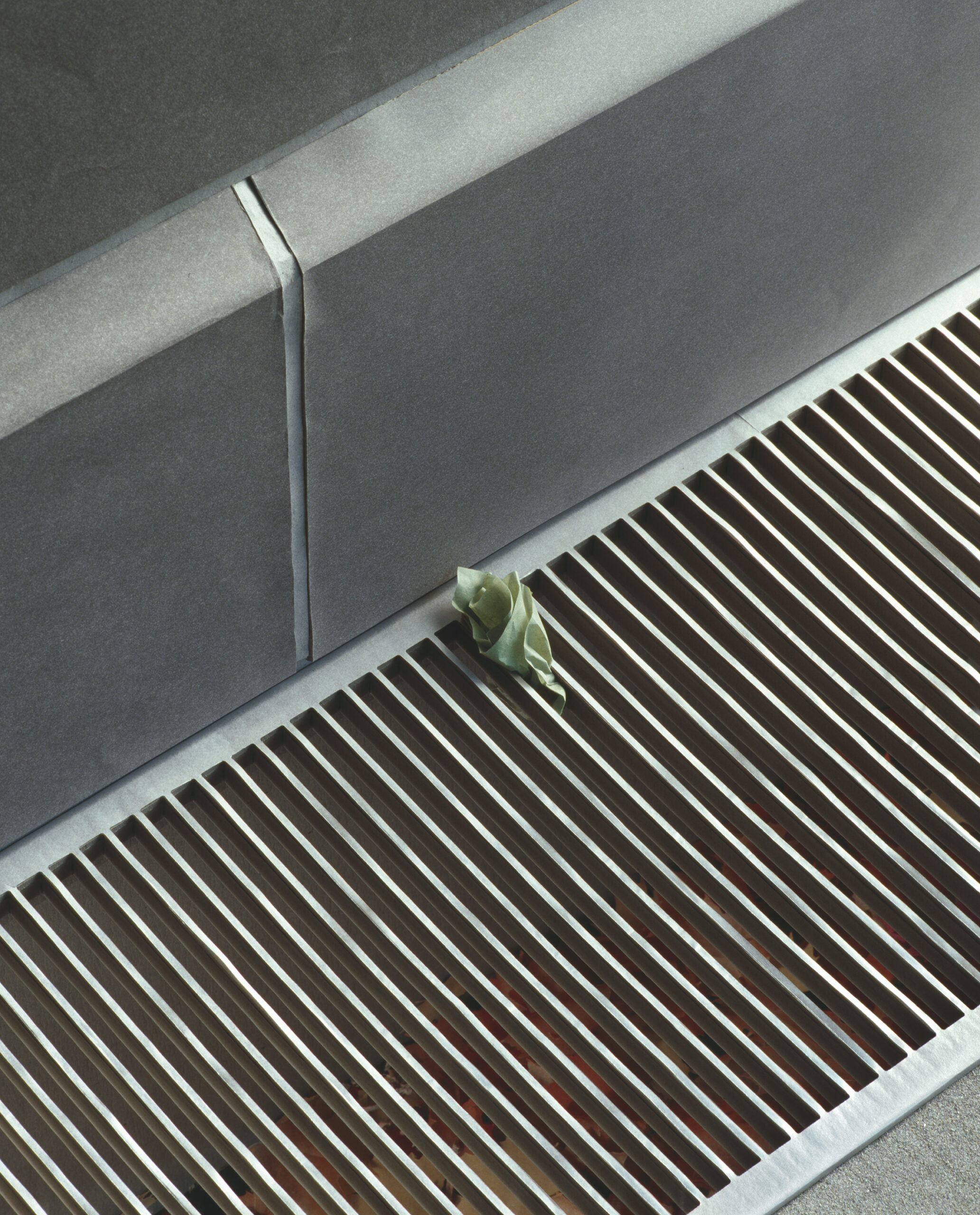
Comments
Post a Comment